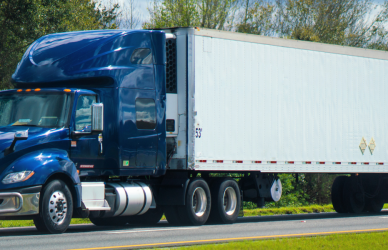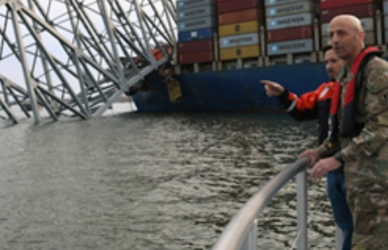As technologies advance, new tech is often phased out, and that is the case for 3G. AT&T began the sunset of its 3G network in February, followed by Sprint 3G (T-Mobile) on March 31, Sprint LTE (T-Mobile) on June 30 and T-Mobile 3G on July 1. Now, Verizon is set to sunset its 3G network on Dec. 31.
How does this affect truck drivers? Any technologies that utilize the 3G network will no longer function by the end of the year. This could be anything from electronic logging devices used to track hours of service to trailer tracking devices among other things.
Tony Nicoletti, Vice President of Business Development at DPL Telematics said when there’s a sunset, there’s a major disruption for everyone, but that it’s been especially challenging as of late due to supply chain disruptions preventing vendors from making upgrades due to things like lack of semiconductors. He was reported in saying that DPL has had several calls with customers recently who are behind the transition, but 90% have converted to the new network.
Jennifer Coreno, product manager for connected devices at Verizon Connect, said they are on track to upgrade all affected Verizon Connect vehicles in the U.S. by the end of the year and are not planning to grant any extensions to the sunset deadline.
With the deadline looming, several telematics providers are working to assist trucking companies with last-minute planning to make the switch to higher capacity 4G and 5G networks.
4G networks have built a narrower bandwidth that requires less power and provides greater reach dedicated to telematics and other IoT services, meaning that they don’t have to compete with individuals streaming video to their iPhone, for example. Based on the patterns of 2G and 3G lifespans Nicoletti expects the 4G network to remain online for five to seven years before the next full transition to the next spectrum is required.
Coreno confirmed that Verizon Connect customers are already seeing the benefits of this narrower bandwidth technology. “It’s important for any remaining 3G fleets to move fast as time is running out until vehicles stop reporting as a result of the 3G sunset,” she said.











